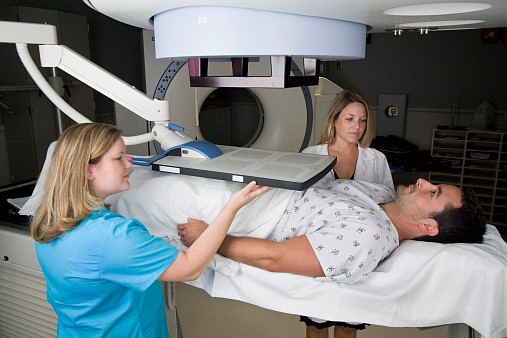Prostate cancer and the question of heredity
June 25, 2012 at 8:28 a.m.
The thought of inherited cancer is a frightening one to many people. But don't let this fear stop you from getting necessary medical tests that could potentially save your life. If you're concerned about your chances of developing prostate cancer, you've probably got plenty of questions. Here are a few of the most common, and their corresponding answers.
Q: Is prostate cancer hereditary?
A: Not necessarily, although your chances of developing prostate cancer are significantly greater if you have a family history of it. But even if there's no history of prostate cancer in your family, don't take this as a sign that you're in the clear -- the majority of men who are diagnosed with prostate cancer don't have a history of it in their families.
Q: How does genetic testing for cancer of the prostate work?
A: A yearly physical exam, in addition to blood work that looks for a Prostate Specific Antigen -- or PSA -- in the blood is the method that doctors take to determine your risk level of developing prostate cancer.
Q: Is there any way to check for prostate cancer other than undergoing a yearly rectal exam?
A: A yearly rectal exam, in combination with blood work, is the most effective way to check for prostate cancer or nodules and irregularities that could give indication to pre-cancerous conditions. A rectal exam can also identify rectal cancers, which are also a great risk.
Content Provided by Spot55.com





